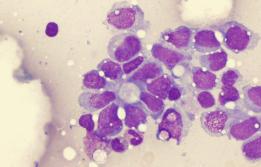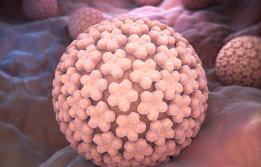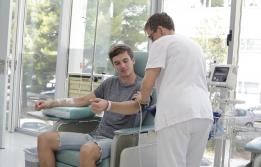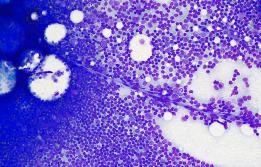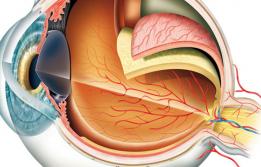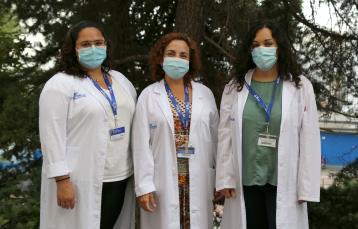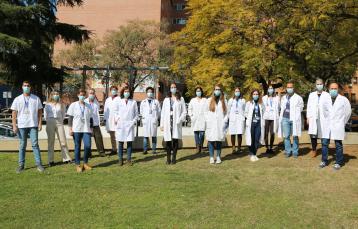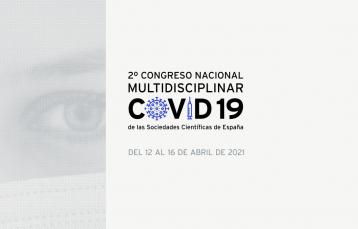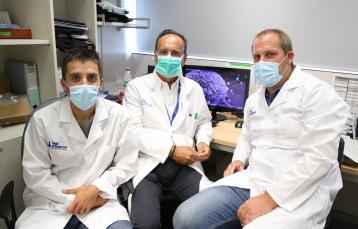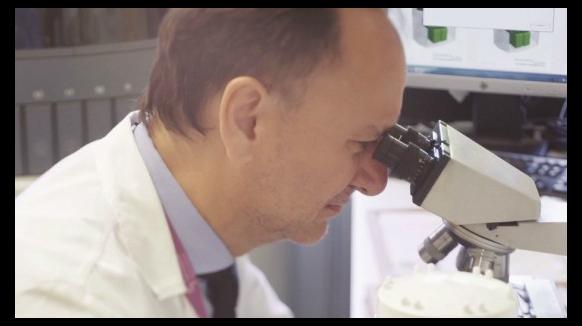Pathological Anatomy
Description
The Unit's activities include tissue processing techniques using microscopic and macro photography, the most common types of autopsy and biopsy, and foetal and infant paediatric autopsy in particular. The Gynaecology Unit also carries out cytology tests and attends intraoperative biopsies in rotation.
The Transplant Pathology Unit carries out protocol and monitoring biopsies, designed to be a procedure for fast diagnosis and treatment in cases of transplant rejection.
Duty shifts are carried out in surgical pathology at the hospital, in addition to processing surgical pieces and samples for the Foetal Tissue Bank, and carrying out autopsies during duty shifts.
Accredited places: 3
Download the Unit training programme
Why should I specialise at Vall d’Hebron?
- Because we have the highest volume of healthcare activity of any department in Catalonia.
- Because our specialisations include paediatric pathology as a separate discipline specifically due to the importance of the Maternity and Children's Hospital, and you will have the chance to acquire significant experience in defects such as placental pathology, premature birth defects, pathology during pregnancy and postnatal disorders.
- Because we see the full range of complexity in anatomical pathology, from the most basic to the most complex cases. It is the only hospital where, with the exception of the pancreas, all kinds of solid organ transplant can be performed, including lung and paediatric transplants, which are unique at this centre.
- Because we have a powerful molecular pathology laboratory within the department, proof that today many believe the future of medicine lies in specialised processes such as interpreting molecular biology techniques.
- Because an electronic microscope unit is part of routine diagnosis when looking at the complexity of each autopsy, biopsy and cytology.
- Because our residents are often in charge of intraoperative biopsy diagnosis and perform fine needle aspiration (FNA) both for cytolopathology consultations and during foetal and infant autopsy techniques in the Paediatrics Unit.
- Because we take part in a large number of clinical committees and interdepartmental sessions of different specialisations.
- Because we make it easy for residents to attend national and international courses and conferences in surgical pathology and cytology, such as the Spanish Pathological Anatomy Society and the Medical Sciences Academy of Catalonia and the Balearic Islands, among others.
- Because of the opportunity to get involved in research being carried out in different specialisations within the department.
- Because residents receive compensation for duty shifts at weekends and on national holidays, both in the Surgical Pathology Unit when related to the specialisation, and in general, special or molecular Pathological Anatomy.











